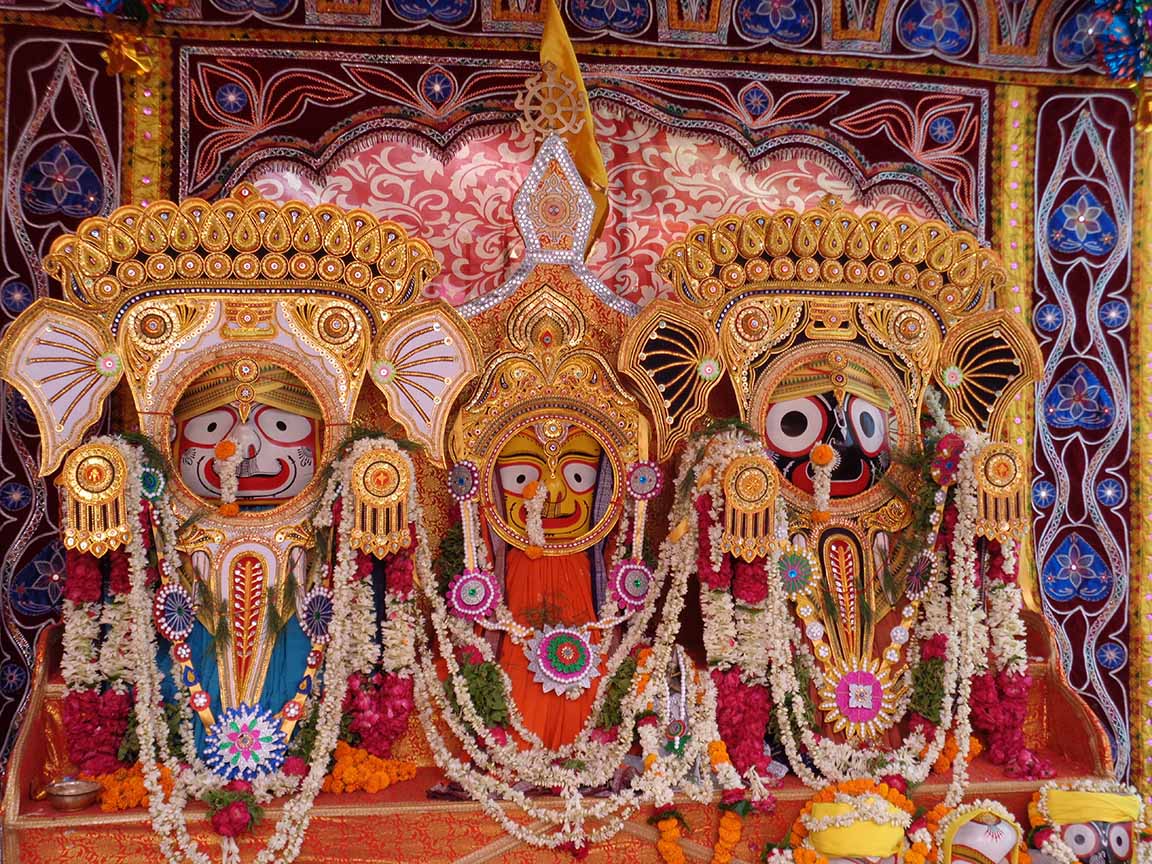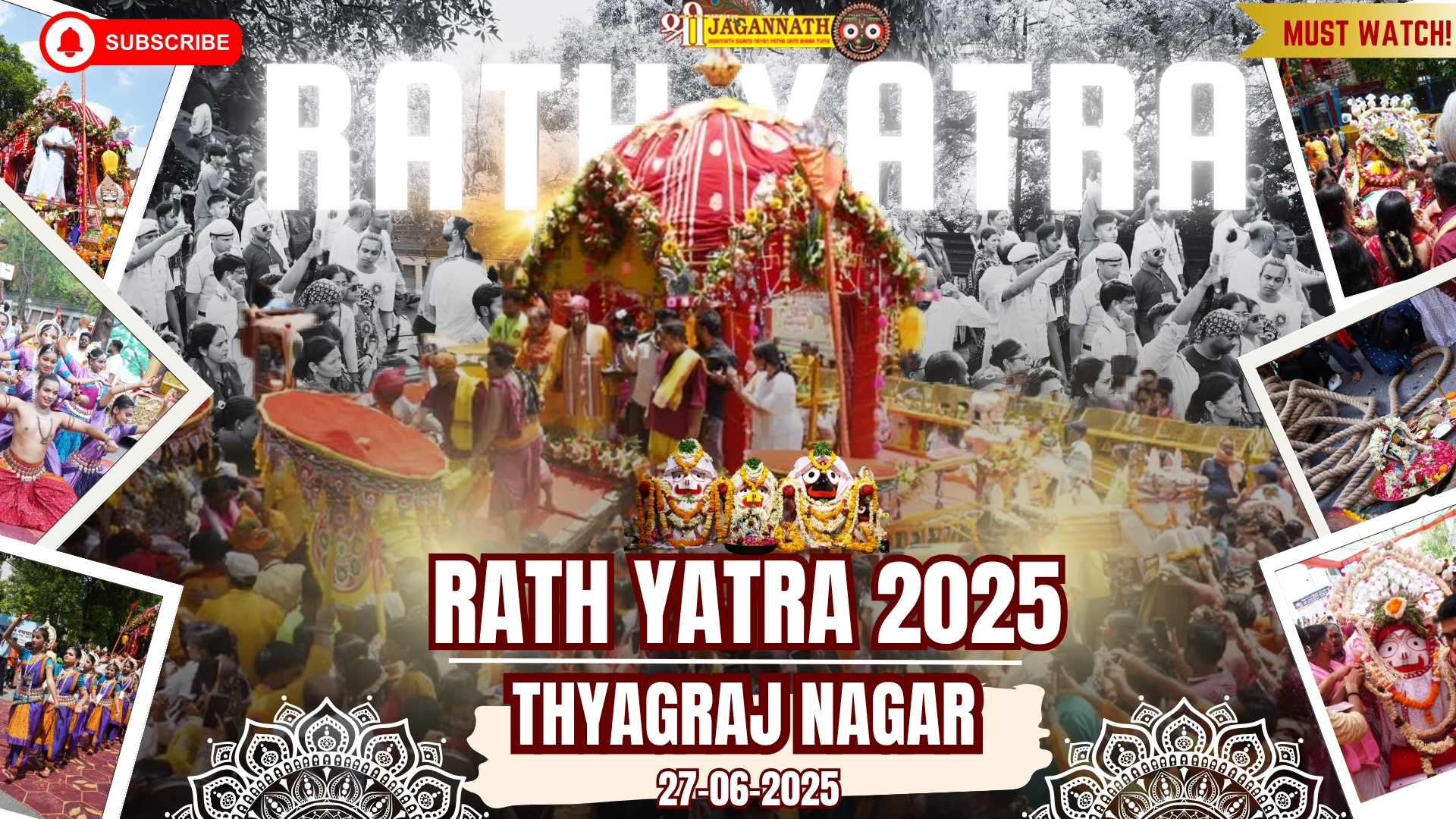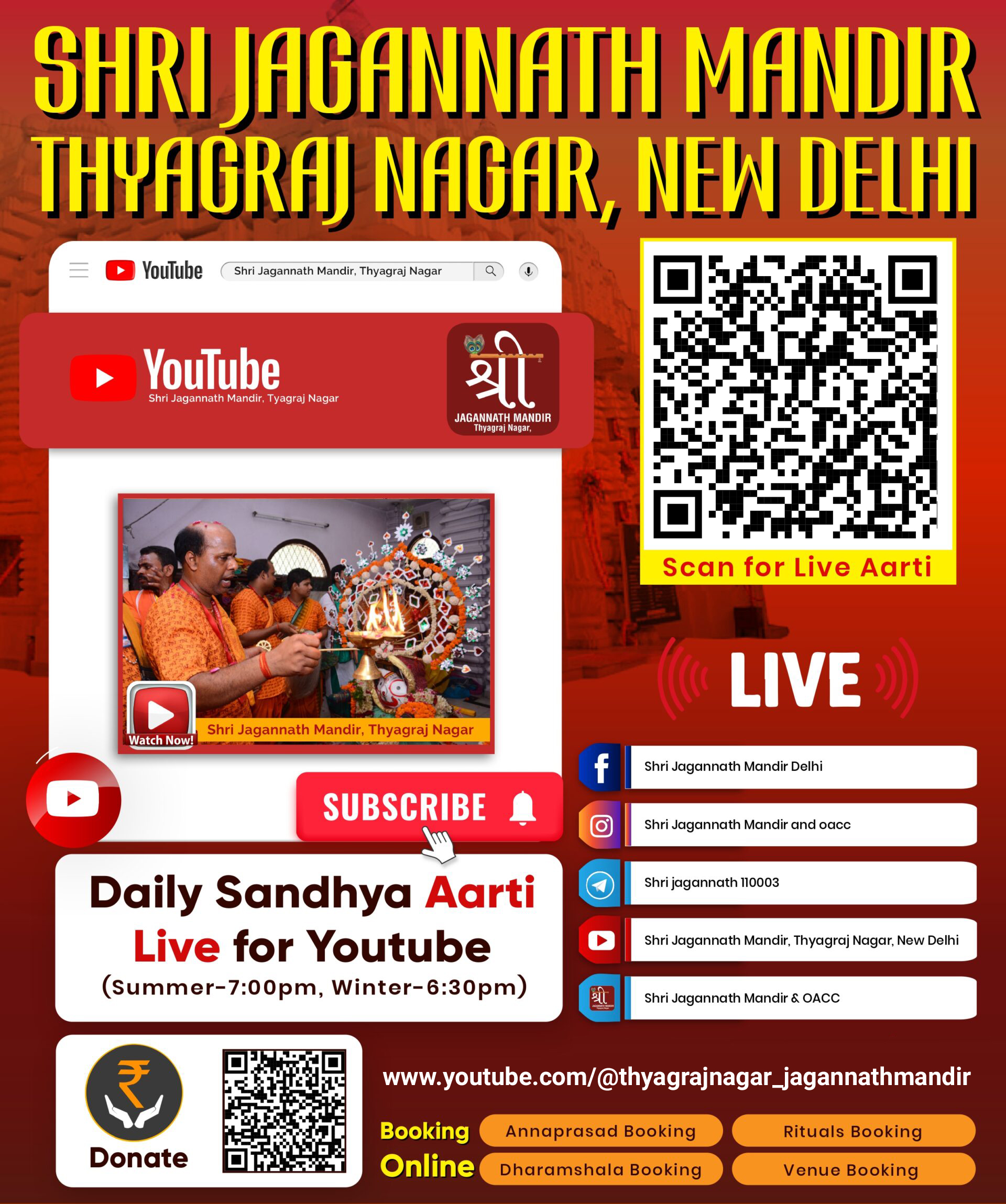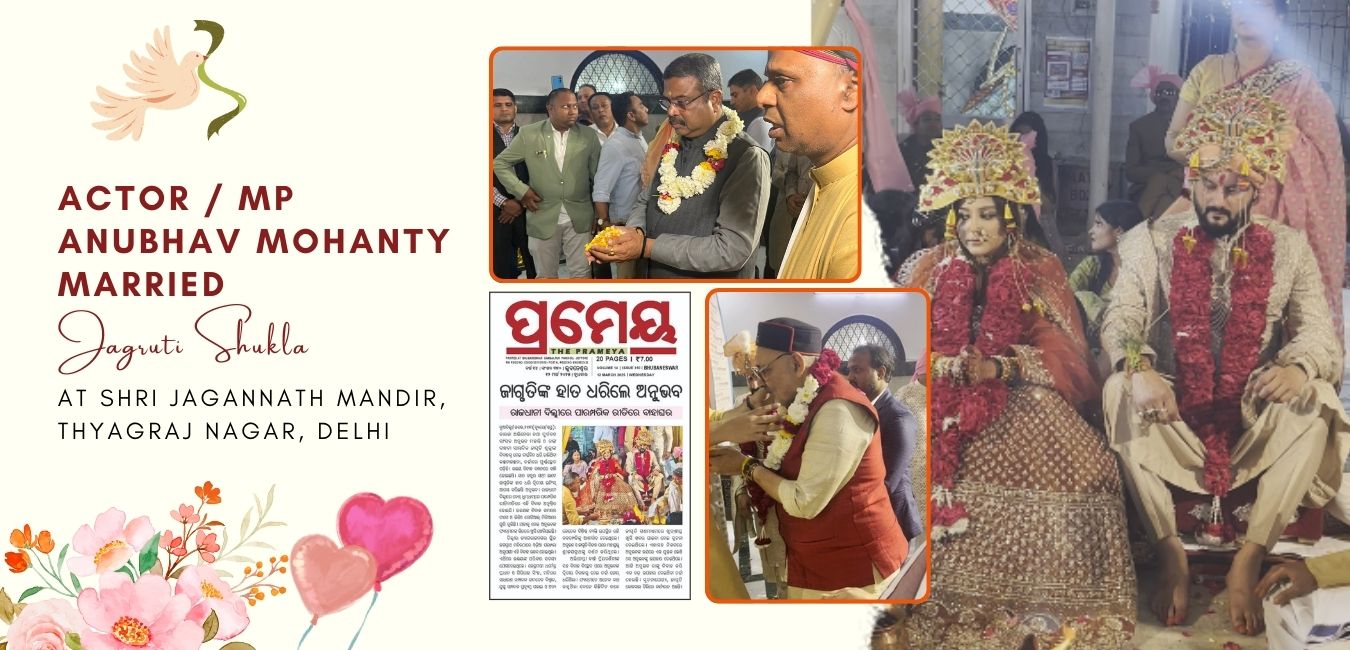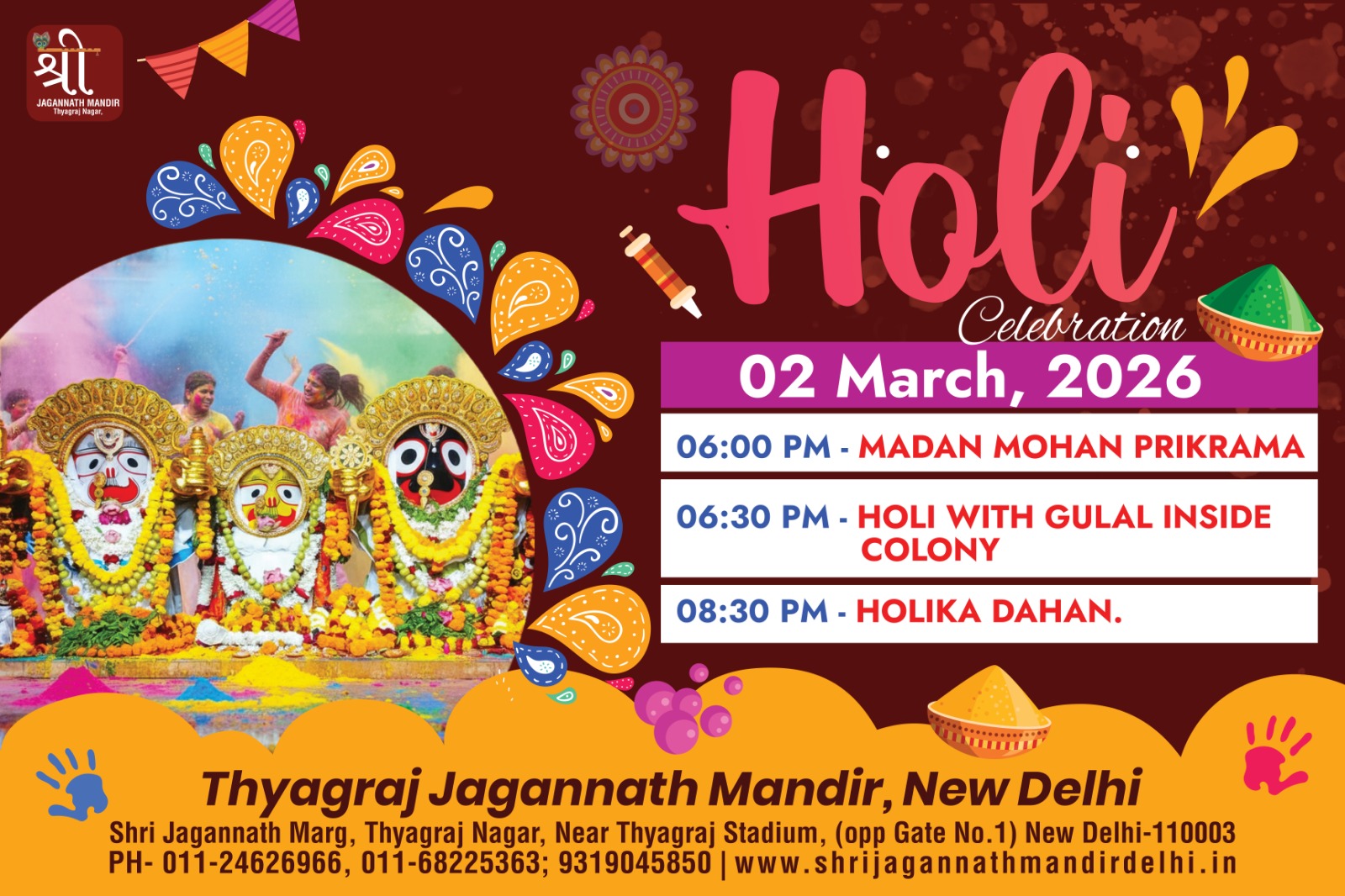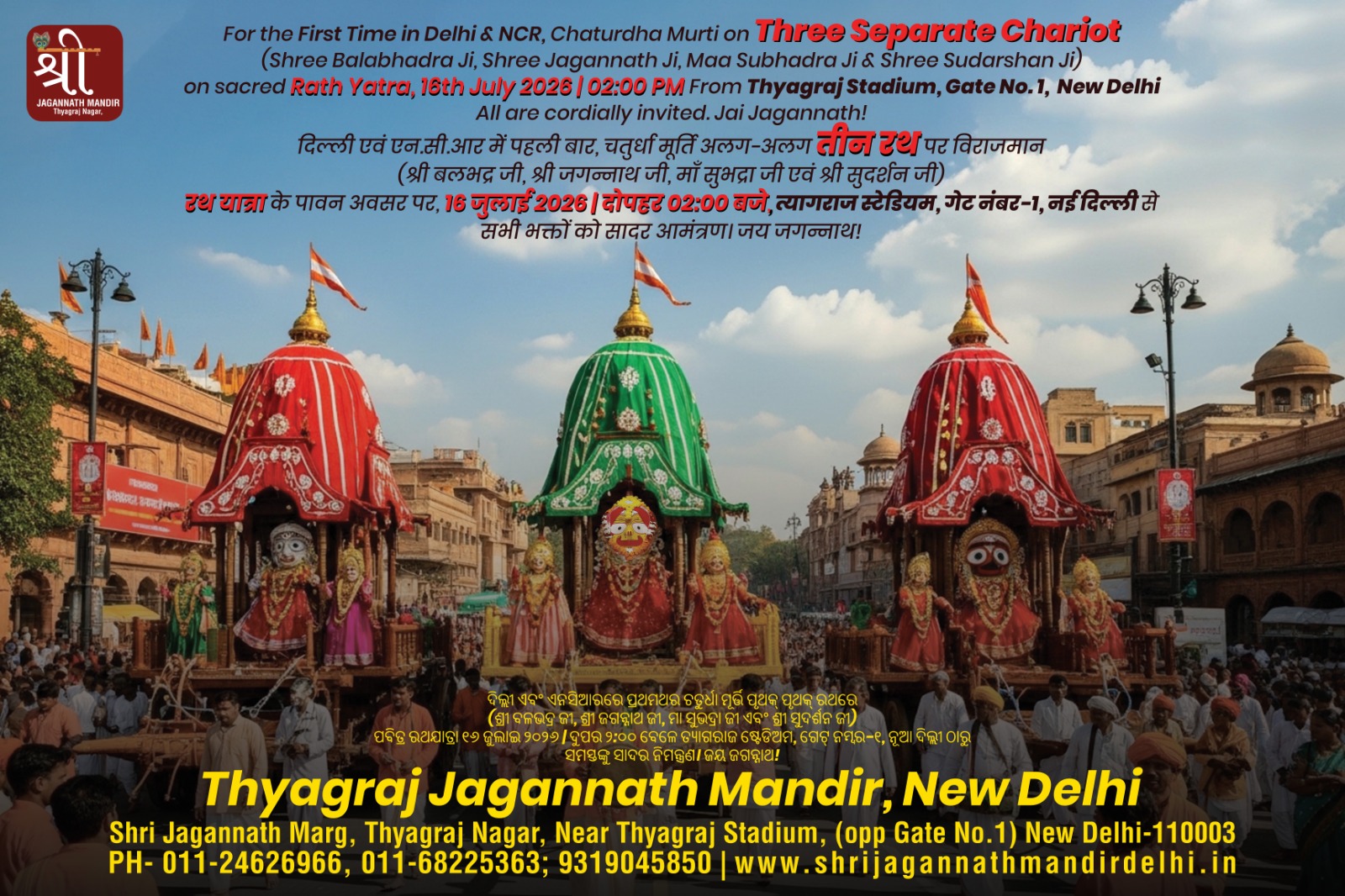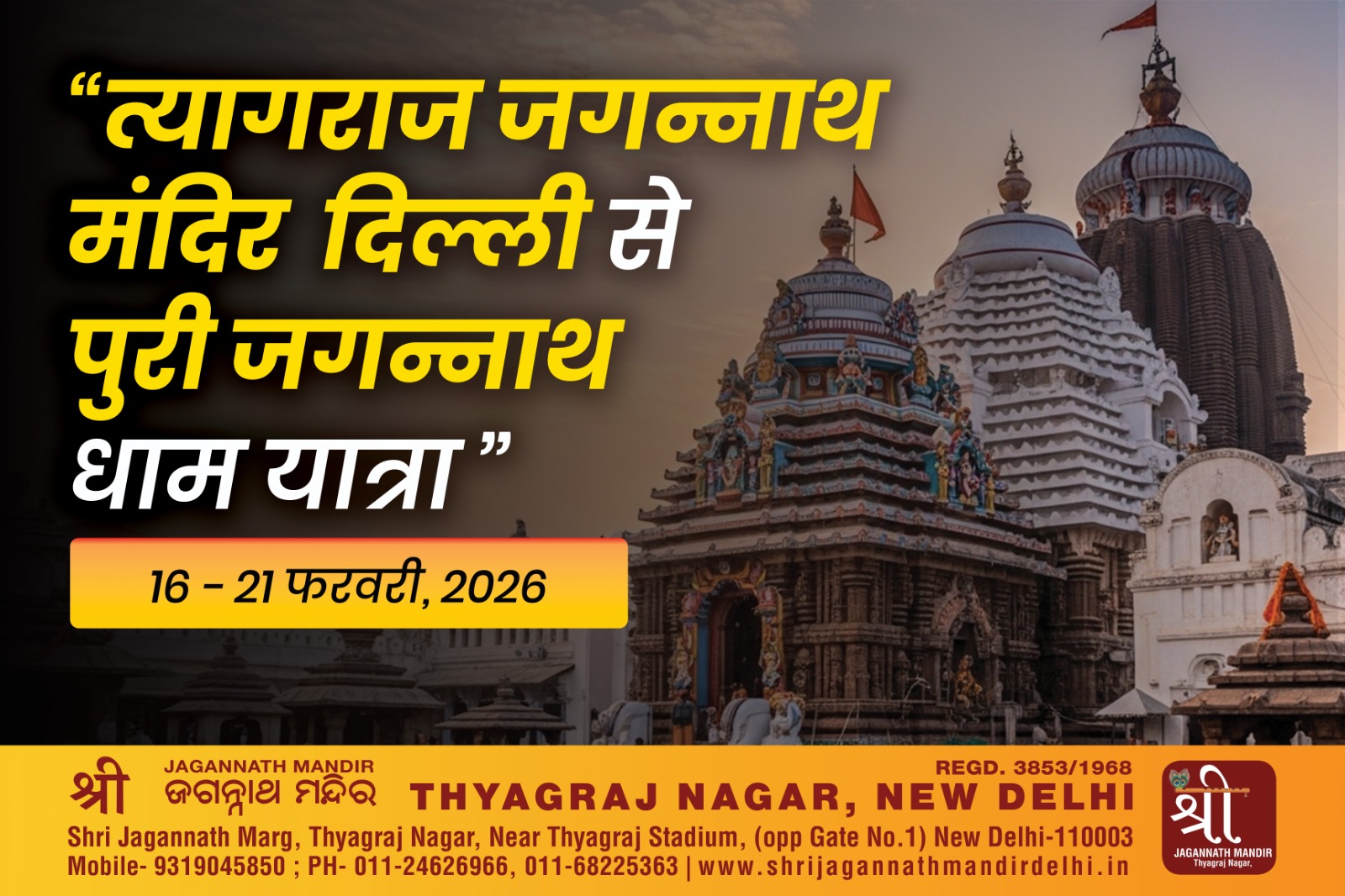Pana Sankranti, also known as Maha Vishuba Sankranti, is a significant festival celebrated in the Indian state of Odisha. Marking the traditional Odia New Year, this festival is steeped in cultural and religious traditions, symbolizing a time of renewal and prosperity.
Historical Significance
Pana Sankranti falls on the first day of the Odia calendar month of Baisakha, typically around mid-April. It coincides with the solar transit into the Mesha (Aries) Rashi, making it astrologically significant as well. The festival’s name, “Pana,” is derived from the traditional drink made from various ingredients like jaggery, water, and fruits, symbolizing the onset of the summer season and the need to stay hydrated.
Historically, Pana Sankranti has been celebrated for centuries, with references found in ancient scriptures and texts. It is believed that on this day, Lord Vishnu, in his incarnation as Varaha (the boar), rescued the Earth from the demon Hiranyaksha. This act of divine intervention is commemorated by devotees through various rituals and prayers, seeking blessings for a prosperous and harmonious year ahead.
Rituals and Celebrations
The festival is marked by a variety of rituals and cultural activities that reflect the rich heritage of Odisha:
- Pana Preparation: A special drink called “Pana” is prepared from water, jaggery, fruits, and sometimes milk or yogurt. This drink is offered to deities and distributed among family members and neighbors, symbolizing the essence of life and the spirit of sharing.
- Visiting Temples: Devotees visit temples to offer prayers and seek blessings from the gods. Special pujas and rituals are conducted in temples dedicated to Lord Jagannath, Lord Shiva, and other deities. In some regions, people also perform rituals near sacred trees and water bodies.
- Danda Nacha: This traditional dance, performed by a group of men known as “Danduas,” is an integral part of the Pana Sankranti celebrations. The dance is a form of worship and a demonstration of physical endurance, often involving acrobatic feats and rhythmic movements.
- Charitable Acts: On this auspicious day, people engage in acts of charity, distributing food, clothes, and other essentials to the needy. This practice is rooted in the belief that helping others brings divine blessings and prosperity.
- Boita Bandana: In coastal regions, a ritual called Boita Bandana is performed, where miniature boats made of banana tree bark or cork are floated in rivers and ponds. This ritual is a tribute to the ancient maritime traditions of Odisha.
Modern Celebrations
While the core essence of Pana Sankranti remains rooted in tradition, modern celebrations have also incorporated contemporary elements. Cultural programs, music and dance performances, and community feasts are organized, bringing people together in joyous celebration. Social media and digital platforms have further amplified the reach and participation in the festivities, allowing Odia communities worldwide to connect and celebrate their heritage.
Conclusion
Pana Sankranti is more than just a New Year celebration; it is a time for reflection, renewal, and community bonding. It embodies the cultural richness and spiritual depth of Odisha, offering a glimpse into the region’s timeless traditions. As families come together to prepare Pana, perform rituals, and engage in charitable acts, the festival fosters a sense of unity and collective well-being, making it a cherished and integral part of Odia culture.
For more information about Pana Sankranti and related traditions, visit Shri Jagannath Temple Delhi.


